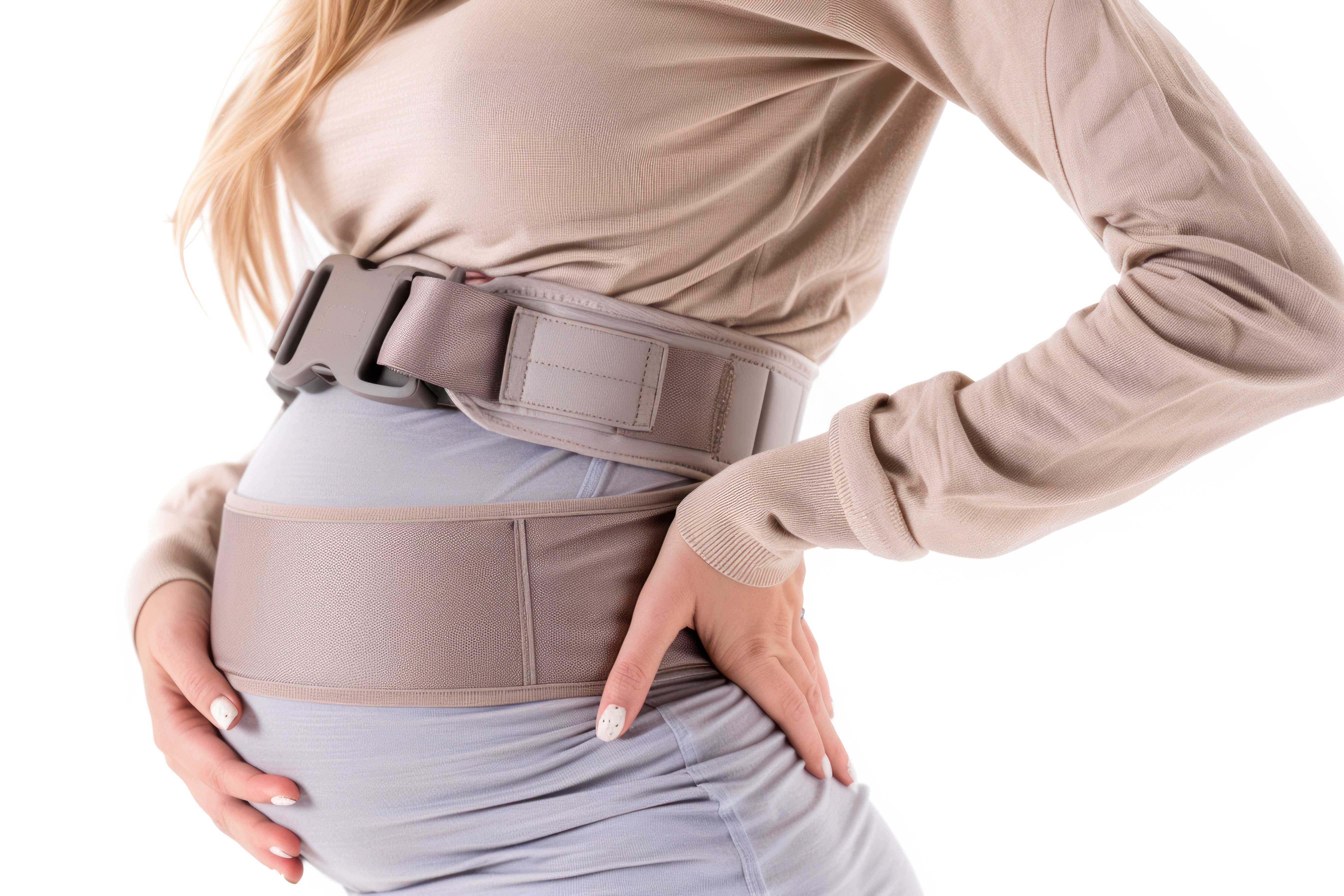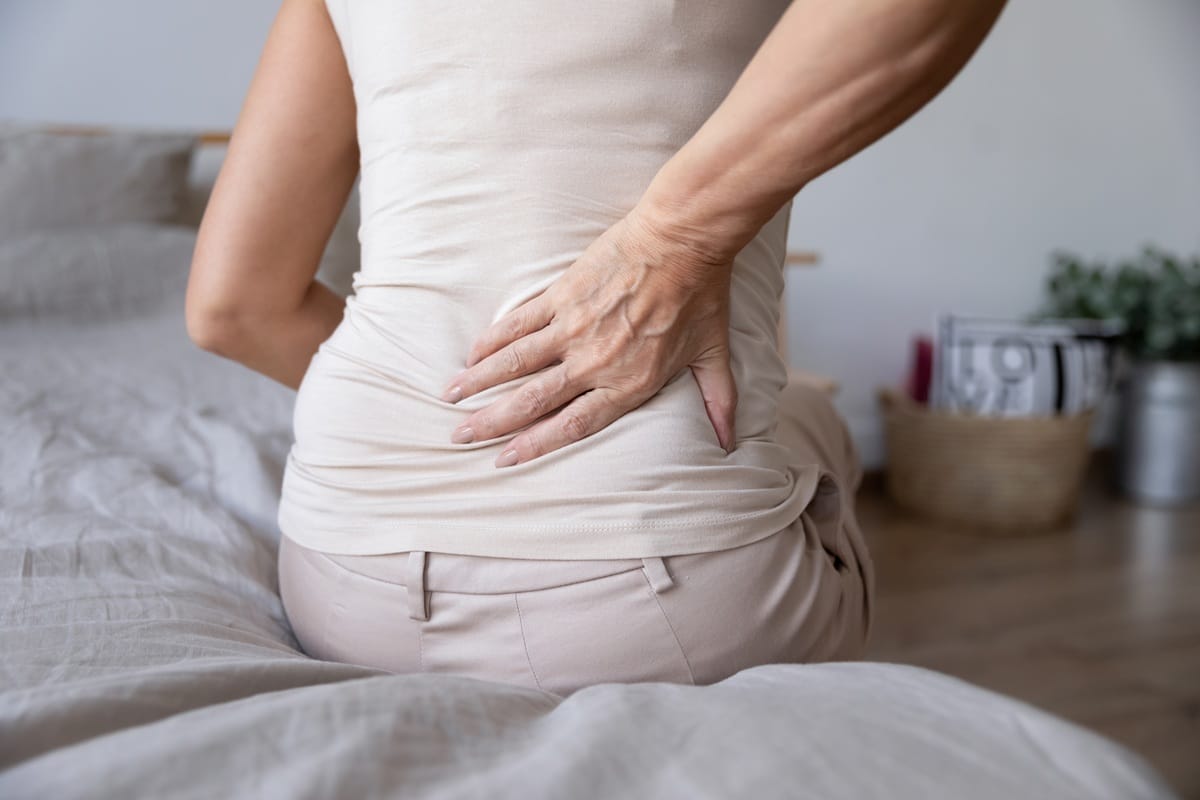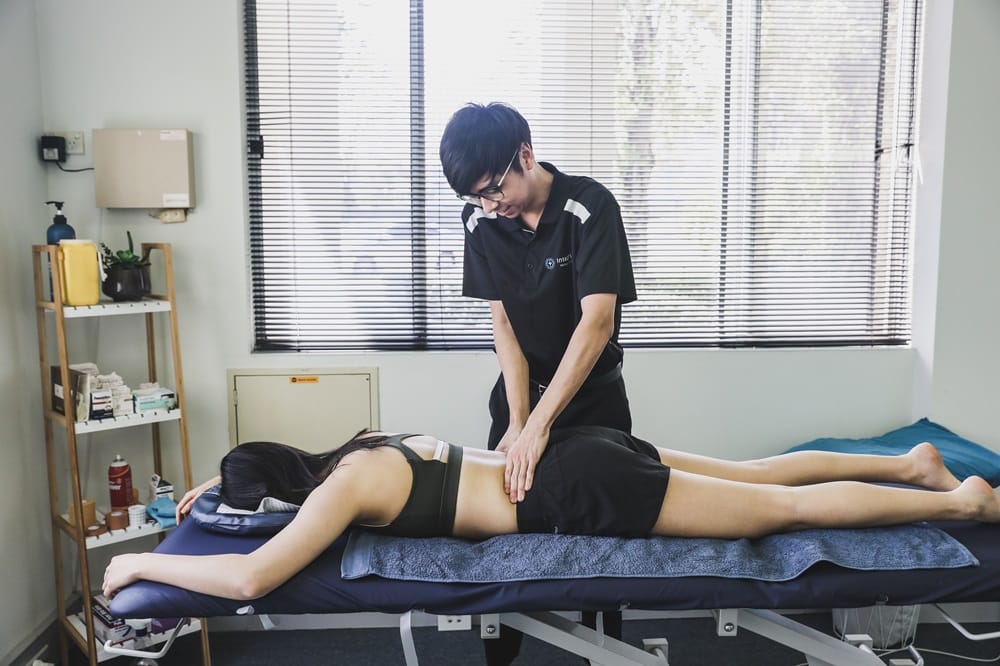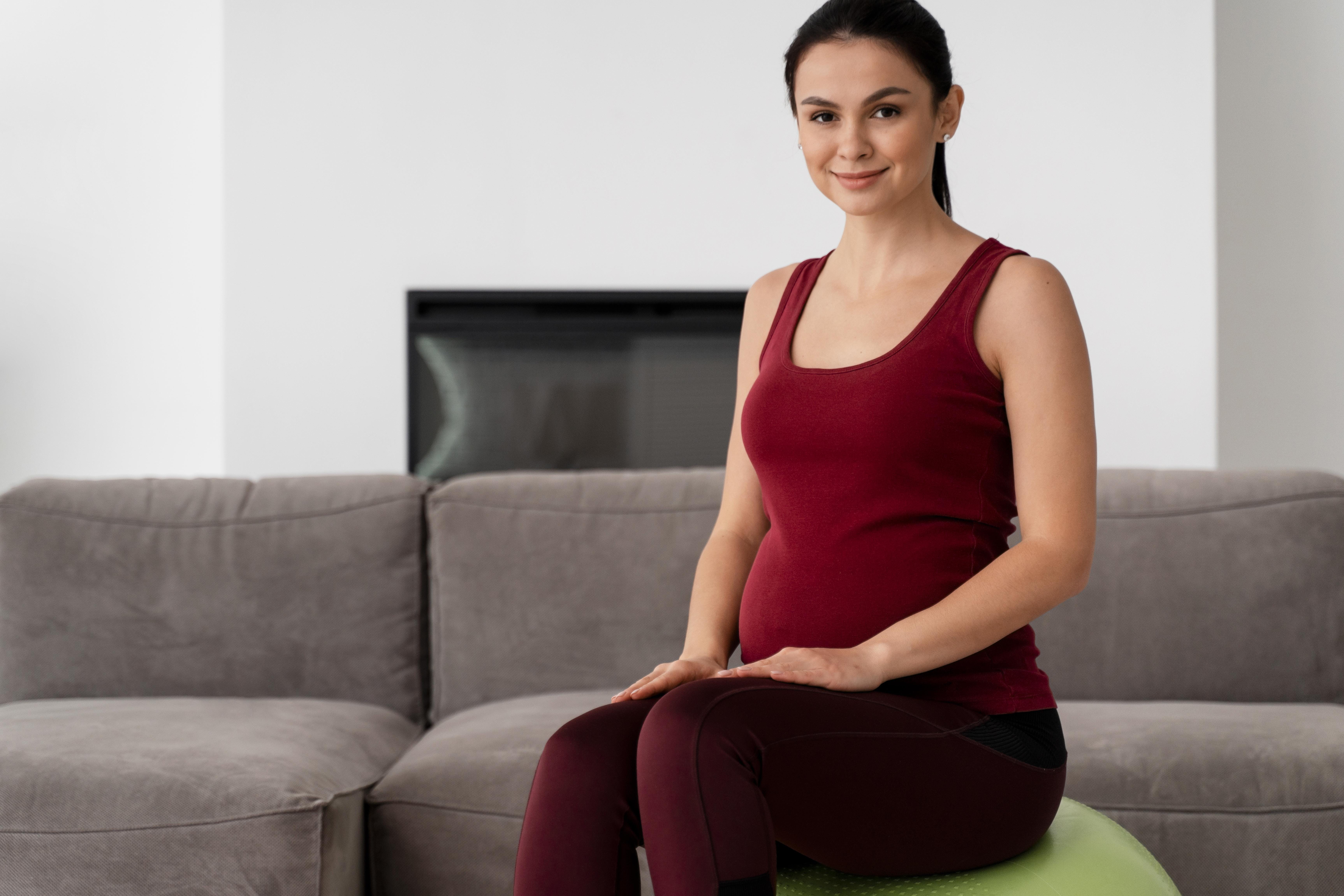
Pregnancy is an exciting journey, but it’s not exactly easy on your body. If you’re dealing with lower back pain, you’re not alone. As your baby grows, your body changes in ways that put extra strain on your back. Your posture shifts, your abdominal muscles stretch, and hormones loosen the ligaments in your pelvis. All of this can lead to discomfort, stiffness, or even sharp pain.
You might notice it when you’re standing for too long, trying to roll over in bed, or just looking for a comfortable way to sit. It’s frustrating, but the good news is, there are ways to make it better. With the right approach, you can ease the discomfort and help your body adjust as your pregnancy progresses.
Can you take painkillers for pregnancy back pain?
Paracetamol is generally considered safe for temporary relief of back pain during pregnancy. However, it won’t address the root cause of the pain, and it’s best to use it only when necessary. Nonsteroidal anti-inflammatory drugs (NSAIDs) like ibuprofen are not recommended during pregnancy, as they may pose risks to both you and your baby.
Before taking any medication, we highly recommend checking with your doctor or midwife as they will know what is best practice.
How to relieve lower back pain naturally
1. Improve your posture
As your belly grows, your centre of gravity shifts forward, which puts extra strain on your lower back. One thing we’ve noticed with many of our pregnant clients is that they instinctively lean back to balance out the weight, but this can make pain worse by tightening your lower back muscles. Keeping good posture helps reduce this strain.
- Tip: Stand tall with your shoulders relaxed, keep your weight evenly distributed, and use a small pillow for lower back support when sitting.
2. Wear supportive shoes and belly bands
Although you may want to wear high heels from time-to-time, they unfortunately can throw off your balance and can make back pain even worse. They tilt your pelvis forward and exaggerate the natural curve of your lower back. This extra arching (called an anterior pelvic tilt) puts even more strain on your lower back muscles, which are already working overtime to support your growing bump.
- Tip: Choose support shoes with good arch support and consider a maternity support band to relieve lower back strain.
3. Use heat, cold, and massage
Applying heat can help relax tight muscles, while cold packs can reduce inflammation if your back feels sore. A warm bath or shower can also work wonders. And if you have someone willing to give you a gentle back rub, take them up on it. A good massage can relieve muscle tensions and improve circulation.
- Tip: Use a warm (not hot) heat pack or take a warm bath. If your back feels inflamed, try a cold pack instead. A gentle massage with pregnancy-safe oil or moisturiser can also help ease tightness.

4. Try pregnancy-safe exercises and stretches
One of the best ways to keep back pain under control is to stay active. Movement helps strengthen the muscles that support your spine, improve flexibility, and reduce stiffness.
- Tip: Try gentle activities like walking or swimming to keep your muscles engaged. Simple stretches like cat-cow or pelvic tilts can also help ease tension in your lower back.
5. Sleep in the right position
A good night’s sleep can make a huge difference in how your back feels, but finding a comfortable position when you’re pregnant isn’t always easy. As your belly grows, sleeping on your back can put extra pressure on your spine, making pain worse. Side sleeping is a better option, but without the right support, your hips and lower back can still feel strained. The way you position your legs and belly can make all the difference.
- Tip: Sleep on your side with a pillow between your knees. We recommend using a pregnancy pillow or a small towel for extra belly support.
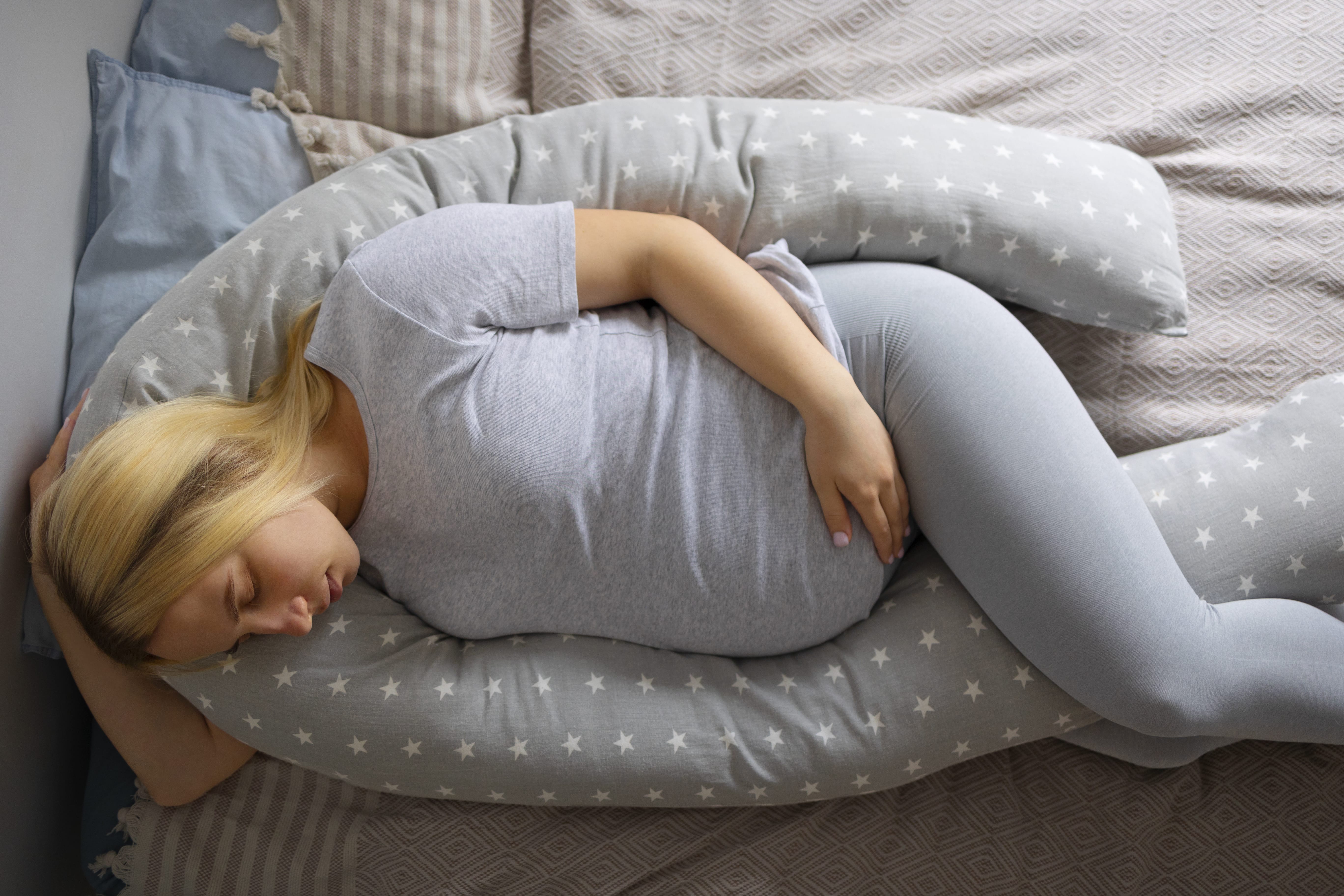
How physiotherapy can help with pregnancy back pain
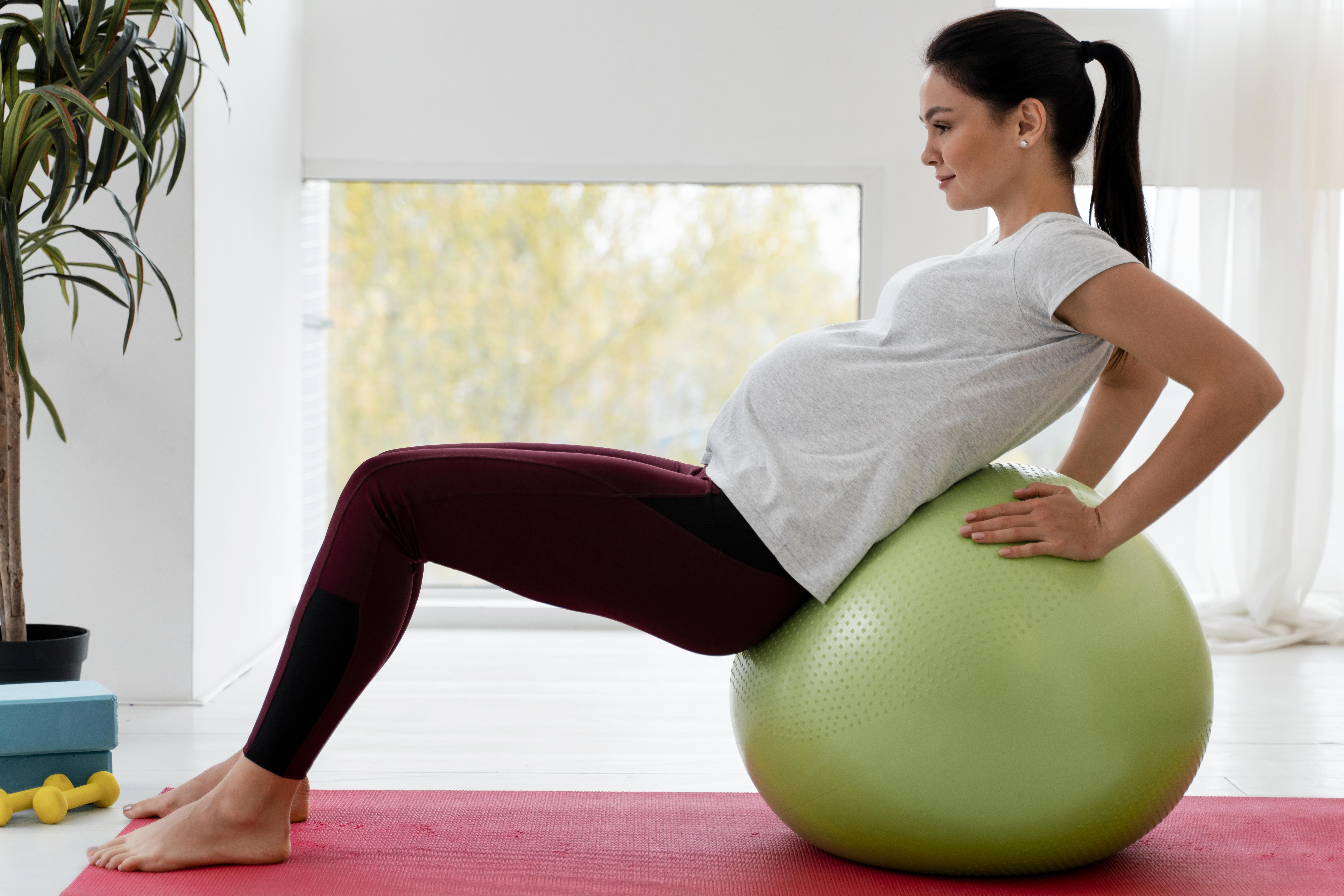
And sometimes, no matter what you do at home, the pain just doesn’t go away. That’s where physio can make all the difference.
We’ve worked with plenty of pregnant clients who have felt stuck unable to get comfortable, struggling to move without pain, or just feeling like nothing was helping. A physio can assess what’s actually causing your back pain and guide you through safe, tailored exercises to strengthen the right muscles and relieve tension.
Hands-on treatments like gentle manual therapy or dry needling (when appropriate) can also help reduce tightness and improve mobility. Plus, if your pain is linked to something specific, like pelvic instability or nerve irritation, a physio can help you manage it in a way that keeps you as comfortable and mobile as possible throughout your pregnancy.
When to see your midwife or doctor
While back pain during pregnancy is common, there may be times when it could be a sign of something more serious. We always tell our clients to listen to their bodies, but if something feels off, it’s worth checking in with your doctor or midwife.
Severe or persistent pain, especially if it’s one-sided or shooting down your leg, could mean there’s nerve involvement, like sciatica. Pain that comes with other symptoms, like fever, vaginal bleeding, strong cramping, or difficulty controlling your bladder, needs urgent medical attention. In some cases, lower back pain can be linked to preterm labour or a urinary tract infection, so it’s always better to be safe and get it checked out.
Take care of your back for a more comfortable pregnancy
Your body is going through a lot right now, and your back is feeling the pressure. If your pain isn’t improving, we highly recommend not ignoring it since the feeling can go beyond pregnancy if left untreated.
At Integrity Physio, we provide physiotherapy for lower back pain to help mums-to-be stay comfortable, move better, and stay strong with safe, hands-on treatment and tailored back physiotherapy exercises. Book your appointment today and give your back the support it needs.
